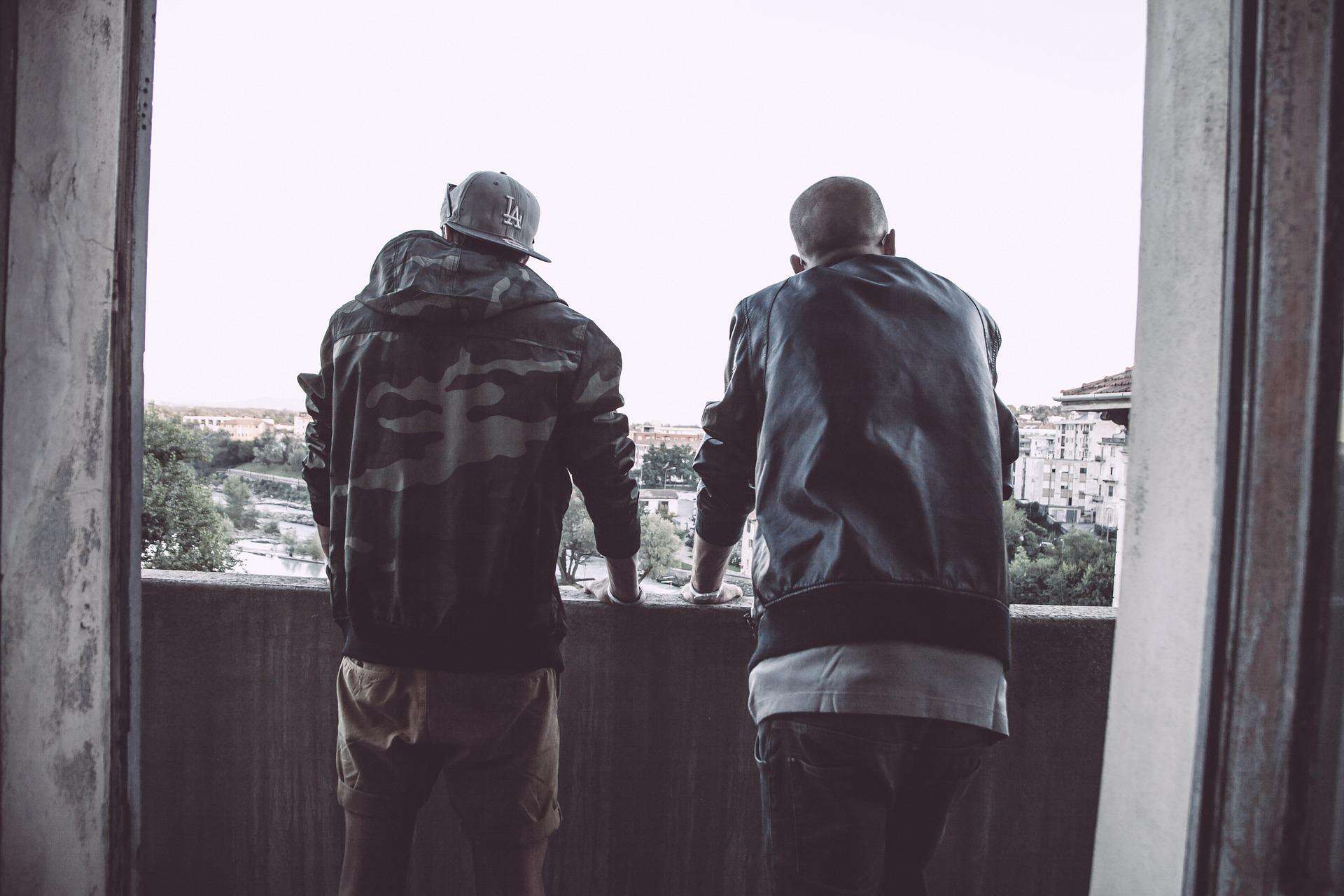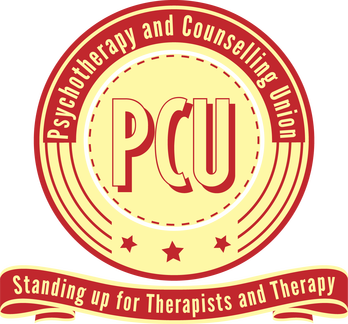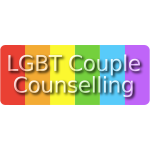
25 Issues Couples Resolve in Counselling
Top 25 Relationship Problems that LGBTQ+ Couples Resolve in Counselling. Relationship issues unique to LGBT couples can leave us feeling isolated and unsure of what to do. We may not have any friends who can give us advice, our families' suggestions may be ineffective, and our straight friends may not understand our problems. The relationship conflicts that gay, lesbian, bisexual, and trans couples face can leave us wondering if counselling could help.Couple Counselling can help resolve our issues! Understanding that our relationship issues are frequently shared by other LGBT couples can alleviate some of our fear and shame with similar problems…Problem Management & Couple Conflicts
When confronted with seemingly insurmountable relationship problems, all couples may experience feelings of humiliation, embarrassment, frustration and rage.
However, LGBTQ+ couples may face additional challenges. because we may have fewer peers with similar experiences to draw on.
“It seems, sometimes, as if non of our friends in relationships are struggling; so why (we ask ourselves) are we struggling? What’s different about our problems?”
We might avoid seeking Couple Counselling due to feelings of guilt or inadequacy, as if we’re somehow not good enough to make our relationships happy. We might not believe that couple counselling can help
On this page, I’m summarising 25 Most Common Problems* that counselling has helped LGBTQ+ couples (as evidenced by 14+ years working with LGBT couples).
This could help to change your mind about working with a couple relationship counsellor…
For confidentiality and privacy reasons, non of these subjects refer to any specific couple nor to any particular case. It would not be unusual, though, for you to identify with one or more subjects yourself.. and that’s kinda the point 😉
(* Actually 27, but using round numbers in marketing makes for better SEO!)
Common Relationship Problems for LGBTQIA+
As a gay, lesbian, bi or mixed-sexuality couple or group, any of these situations may seem familiar to either of you. It can help knowing that your relationship difficulties – whilst private – may not be as distressing or shameful as you think, especially when the problems are known only to the two of you.
When considering going to a therapy service to discuss one or more of problems you’re experiencing, you may be worried. Worried about what your partner will say in therapy? Worried about what the therapist will say? Worried about how you’ll feel discussing a problem? But – with assistance – when you and your partner can figure out what’s causing problems in your relationship, you can feel more confident that you will be able to manage with them better than before. In partnership with Couple Counsellor Dean Richardson, these – and other problems – are workable. You can feel better about the idea that couple counselling may be the best way to help you start to resolve relationship problems that were previously unresolvable.
Couple Counselling can help LGBT Relationships with the following Common Issues.
Relationship Problems Sections
Do you recognise any that apply to your own relationship?
Relating to One another
Whether we realise it or not, we usually choose our partners to meet our personal needs. It may seem like we’re attracted by the qualities our partner has, but a relationship must have a purpose for us personally, or else it would be pointless. When such (often unknown or unacknowledged) reasons for being in the relationship fade (or are no longer met), the relationship itself is jeopardised.
- A sense that the reasons for staying in the relationship have become lost (to one or more of you). What you used to take for granted that bonded you together is no longer so apparent.
- Repeating patterns of unhappy behaviour that neither of you can shift… or shift for very long. You try to change, but regularly revert to unhappy behaviour.
- Age Differences: one of you is in his 20s, the other in his 50s. it was never a problem for you both until the past few years. You don’t understand what the problem is, and so are struggling to resolve it.
- Different Cultures: When you met on holiday coming from different countries didn’t matter. The relationship worked, Recently your cultural differences have become more apparent and you’ve been struggling to live together.
- You seem to relate like brothers or sisters now, instead of like the lovers you used to be. You don’t like this, but you also don’t understand how this came about so you both don’t know how to re-address the relationship to bring back the excited lovers you used to be.
- Violence or abuse in the relationship (ranging from perhaps feeling bullied physically or emotionally, to full domestic violence and abuse) is causing great unhappiness. You try to justify it to yourself (“it only happens when I’ve upset him”) but you both feel trapped in the abusive behaviour.
Communications
It’s one thing to have a partner physically present, but it’s even more important to be able to communicate with our partner. This helps to support and maintain a relationship’s dynamic and interactive nature.
- Attempts to reconcile after a breakup fail repeatedly. Old problems keep coming up again when you thought they had been resolved.
- You don’t talk with each other very well (or any longer). When you do try to talk it lead to arguments. For good reasons you’ve stopped talking with each other, but this is not satisfactory for you to stay together.
- His apologies hold no meaning to you any longer; it’s like a “tick-box” exercise now: do a bad thing, apologise, repeat the bad thing. You both want to build respect, trust and acknowledgement so that poor relationship behaviour is understood, addressed and resolved.
- Who are you? At the beginning you hooked up, the sex was great, and you moved in together. But as the months and years pass by you wonder if the initial hook-up was enough to sustain a long-term relationship.
- You used to like how one of you took charge and the other followed. But as one of you changes from being passive into becoming more active the other is feeling shut-up and oppressed.
Trust and Dependency
Without much conscious effort, we tend to develop trust and dependency in our partners somewhat automatically. We expect our partner to be trustworthy, and we grow dependent upon this. When something bad happens and our partner acts in a way that makes us doubt them, we may feel let down.
- One or both of you have acted outside the relationship’s understanding (an affair, social-flirting, being let down etc). You both don’t know how to address the fault and to be able to move on together (or the separate). You try to ignore the problem, but it keeps raising its head again and again.
- You needed your partner to be available for support, but they were unavailable or did not perform well when they tried.
- One or both of you have a strained relationship with the truth (e.g. instant lies, making up stories, speaking with deception). It may happen regularly, and it may happen for good reasons (e.g. a defensive behaviour learned during traumatic periods) but the behaviour has also become so automatic that the relationship is suffering .
Intimacy & Affection
Letting our guard down, and letting someone come closer to us (emotionally, physically) is important in an intimate partnership (whether a couple or a polyamorous group).
- Intimacy problems: whether sexual intimacy, physical intimacy or emotional intimacy; the magic that once held you together has now become tragic.
- Withdrawal of acts of affection: whether he no longer holds your hand, or no longer touches you on the shoulder, small acts that may mean very little to him – but they are greatly valued by you. And now that they are happening less and less often, you are feeling sadness at the loss.
- Disrespectful Behaviour: (we might include behaviour around respect here) such as he touches you in a “private” place whilst out in public. He sems to think it’s fun, but it’s a behaviour that you consider to be disrespectful, inappropriate and harmful to you.
Being (in) a Family
For some, a couple’s relationship is sufficient for them together, and for others it’s the beginning of growing a family together.
- Your partner wants a child: but you do not. Talking of a compromise is of no help; the issue won’t go away, though. You’re both stuck with the few options and don’t know how to move forward.
- Family planning: you’re considering having children, adopting children. or having children by surrogacy.
- Step-family problems: you’re becoming a parent to someone else’s child (adoption, partner’s offspring, etc) and there are major difficulties in the family that you all are struggling to understand and resolve.
- “In-law” family problems: your family, or your partner’s family, are putting strain upon your relationship. Whether religious beliefs, social expectations, or a family that are new to the idea of a LGBTQ family, their heteronormative expectations are stressful for you and your partner to meet.
Major Life Changes
The way we behave in our relationships may depend upon consistency and being in a “known” or predictable environment. When the environment changes, it can have a ripple effect on the way we relate to our partners.
- Gender transition: one or both of you undergoes gender transitioning. Neither of you expected the problems that your relationship is now having.
- Death and/or loss: when a major life change (death, retirement, redundancy, moving home) effects how the two of you relate to each other. You weren’t prepared for what has happened, and you cannot resolve it together.
- Addition: when a major life change (a new child / pet, job opportunity, moving home) effects a previously one-on-one relationship.
Sexual Engagement
Not all close relationships involve sexual intimacy, and some grow without the need for it. When sex is an important part of a relationship, however, it can become wounding when it goes wrong.
- “Guest Star”: you both wish to bring in a third for sex into your monogamous partnership, but don’t know how best to go about this.
- Becoming unable to engage sexually (whether through emotional, physical and/or medical reasons).
- Open Relationships: you find yourself in an open-relationship, without planning it. Your partner told you and now you find you either have to accept an open-relationship or you lose your partner. Your partner doesn’t understand what is your difficulty.
Counselling Helps Resolve Problems
The dream was supposed to be simple: fall in love, move in together, maybe even marry. Any issues could be solved with a little effort.
However, you discovered that some of the issues that arose didn’t go away. They persisted. They were never resolved, and without intending to you both somehow made the conflicts worse with each attempt at a resolution. It appeared almost as if your relationship was fueling the conflicts.
You had no idea where the solution was to be found.
This is where Counselling for LGBT Couples can become the solution through which resolutions develop.
We can identify the problems together and learn some new information. With new information comes new options for you and your partner to consider. We’ll work together to develop new behaviours that will enable both of you to deal with existing problems as well as new ones as they arise.
Couple counselling can seem like a magical solution, but it’s really not. Your couple counsellor will not rescue nor repair things on your behalf. But counselling can become a powerfully effective process for couples in need of assistance, who are seeking a way forward out of the conflicts they (accidentally) created themselves.
Taking Things One Step at a Time
An overview of how LGBT relationship counselling works, starts with encouraging curiosity…
- Curiosity (initiated through Counselling)… leading to → New Information.
- New Information… leading towards → New Options.
- New Options… leading towards → Negotiating / Making New Choices.
- New Choices… leading towards → Transforming the Relationship (through informed empowerment).
- Transformation Underway… the partners are developing affective behaviours that address relationship conflicts (and may choose to leave counselling).
Curiosity allows us to discover new knowledge. New information provides us (and our partners) with new possibilities, which leads to us making some new (or newer) relationship decisions. When new decisions are made, the behaviour of the partnership can begin to change. When the partners' relationship is much more under their own management (again), they will recognise it's time to leave counselling.
Interested in learning more about Couple Counselling for LGBT Relationship Problems…
About Dean Richardson MNCPS (Accred/Reg)
You could choose any couple / group counsellor…
Given that this will be the most intimate and vulnerable you could feel alongside your partner(s), you would want a skilled professional whose experience and specialism you could trust; whose focus would be upon your distinct relationship. Your couple, throuple or group relationship will be in good hands with Dean. He works from Great Britain, is Independent of "box 'em/shift 'em" therapy services, and identifies as a gay couple counsellor. He's also easily payable in pounds sterling! Dean already had an impressive 16 years actual video "webcam" experience - way before the first British emergency began (when suddenly many counsellors added a Video option to their portfolio, having not practised so previously! 🤔).
What makes Dean Distinct
- Dean is sensitive and effective to your sexuality / gender-identity and intimate ways of relating to each other. You'll discover quickly that Dean is an informed member of your own community.
- Dean demonstrates adept skills with lesbian, gay, bisexual, asexual, fluid, mixed sexuality and same-or-mixed gender relationships having over 24 years' experience as a counsellor.
- Dean avoids taking a the role of "all-knowing expert" (whether requested or projected onto him by the clients). "Experts" tell you what to do, do not learn very well from others, and struggle to adapt to new situations. A couple counsellor must be curious, adaptive, and ask questions from a "not knowing" position so that the relationship in counselling benefits from re-examination.
- Dean speaks plain English (and can swear like a virtuoso if you like, or not at all if you prefer). He works cooperatively with your relationship (no unnecessary silence, or just "hmms...").
- Dean was originally accredited by his first professional body 15 years ago; he is now an accredited registrant with The National Counselling and Psychotherapy Society. Accreditation is a valued recognition of a counsellor's substantial experience. Dean is also a member of the Psychotherapy and Counselling Union of Great Britain.
- Dean is a British Counsellor working from the South of England. Unlike other counselling services operating from abroad Dean is registered, accredited, insured & supervised from within England (not from abroad).

If any of this resonates with you and your partner(s), you should probably meet with the Gay Relationship Counsellor: Dean Richardson MNCPS (Accred/Reg) via Zoom, Skype, Whatsapp and other secure, reliable video conferencing media.
Dean focuses on LGBT/QIA+ relationships as a specialty in therapy. He works with individuals, couples and small groups. Plus, he's qualified to a postgraduate level (Chichester PG Diploma in Psychodynamic / Systemic Couple Counselling, IGA National Foundation in Group Counselling), and works as a private practice counsellor employing 24+ years experience*.
(*Very Important: not all counsellors have such specific skills for working with couples nor groups. Those who are initially trained to use common "Individual" Counselling skills have no experience in working therapeutically with relationships. Such counsellors may try, perhaps out of misplaced goodwill, to employ "individual" techniques (multiplied by 2) but the couple or group will find that the approach is ineffective. Simply put: it's the wrong approach; your relationship is not part of the counsellor's primary theoretical framework. Remember always to ask your potential counsellor: "what qualifies you to work with our relationship?" and trust your instincts based on what you hear.











